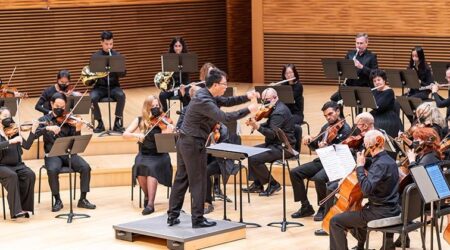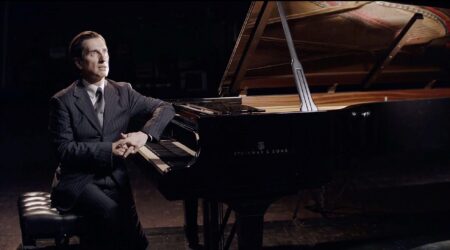The Legacy of Elie Wiesel
I have never cried when a celebrity passed away and I rarely ever share such news on my social media, mostly because I rarely take it as a personal loss and if so, I prefer to grieve in private. This was not the case with the passing of Elie Wiesel. I learned of Elie Wiesel’s death in a […]
I have never cried when a celebrity passed away and I rarely ever share such news on my social media, mostly because I rarely take it as a personal loss and if so, I prefer to grieve in private. This was not the case with the passing of Elie Wiesel.
I learned of Elie Wiesel’s death in a cafe, surrounded by people, and was taken aback by my reaction to the news and the tears that followed. It occurred to me then that this was not an ordinary celebrity, not just a powerful writer but a hero of mine with whom I had formed a personal connection without realizing, through his books.

I first read Night as a teenager exploring Holocaust narratives. I found the book shocking without the intention of being shocking; the horrifying acts contained therein are described almost matter-of-factly, because any lingering sentimental description would have robbed the book of its potency. I reread the book more than a decade later and found myself haunted by different images and more subtle characters, such as Moishe the beggar of Sighet, whose warnings are not heeded by the townspeople. Getting more sentimental as I get older, I find that the book only affects me more now.
In his books, Elie Wiesel lays bare not just his own soul but that of the Jewish people and he unflinchingly displays and examines the flaws, vulnerabilities, contradictions, and hopes contained in the Jewish soul. But he doesn’t stop at writing. Unlike many authors whose good intentions extend only to their books, Wiesel made it his life’s goal to educate people around the world about genocide, oppression, and the hatred that drives evil deeds. He created institutions of learning, founded synagogues, and helped establish the United States Holocaust Museum. Not interested in power, Wiesel allegedly turned down several offers to become president of Israel because he considered himself first and foremost a writer and being president wasn’t for him.
Instead, Wiesel was committed to being a voice for the voiceless, not just for the millions killed in the Holocaust, but for victims of other genocides and oppressive regimes. He traveled to the Soviet Union to write about the experiences of Jews trapped behind the Iron Curtain. He spoke out against the Armenian genocide, against apartheid in South Africa, and against the potentially devastating nuclear ambitions of Iran. He was widely recognized for his achievements and was awarded many honors, among them the Congressional Gold Medal of Achievement and the Nobel Peace Prize.
But despite the international honors and renown, to me, Wiesel always remained a personal figure, almost like a distant uncle who always made time to share his wisdom. Maybe it’s because, as Jews, we often feel like part of one big family, or maybe it’s just the vulnerable, earnest tone of his books. Whatever the reason, his influence is profound, beyond that of a favorite writer or inspirational figure.
His passing leaves a deep void: in our humanity, our collective moral compass, and our hearts. I have always considered him to be one of the few truly good people in the world, someone who stood by his beliefs, who wasn’t afraid to stand up to greater powers in the name of what is right. Without him, our light is dimmed, our voice quieter.

But he leaves us with lessons, too. Never be neutral. Do not tacitly support hate and humiliation through inaction and silence. Everyone has a voice: use yours to fight for those who have been silenced. Don’t wait for someone else to do something – take courage and set an example. Most importantly, be a force for good.
I don’t believe the void left by Elie Wiesel will ever be filled, but maybe if every one of us who believes in goodness decides to follow his example by helping others, giving hope, and fostering kindness, we can brighten the light of humanity that Elie Wiesel dedicated his life to nourishing and we, too, can be part of his legacy.
Tatiana Sundeyeva-Orozco has gotten into the terrible habit of thinking too much about everything. She enjoys fantasizing about traveling, compulsively buying literature, laughing at her own puns, and consuming anything and everything that can be found in a bakery. She is a graduate of UC Berkeley where she got a degree in English. She can be found celebrating awesome female friendships on LadyBromance.com.
By Tatiana Sundeyeva-Orozco





